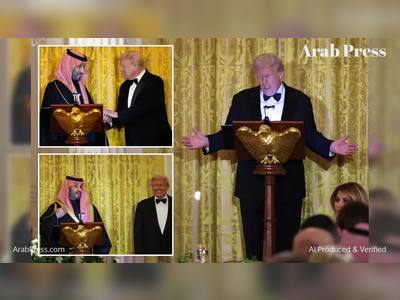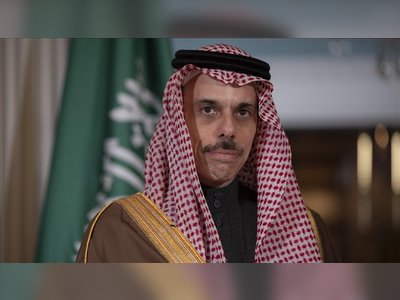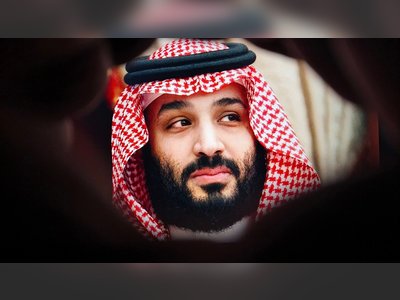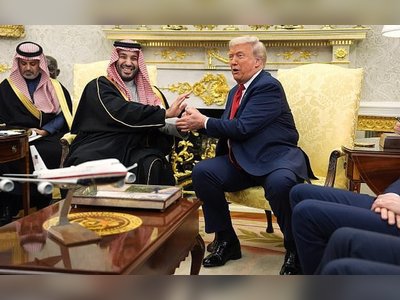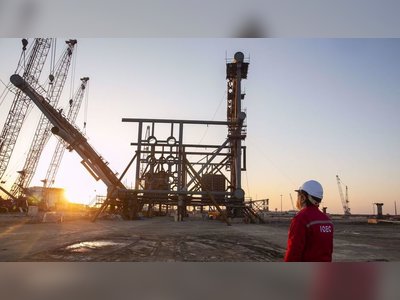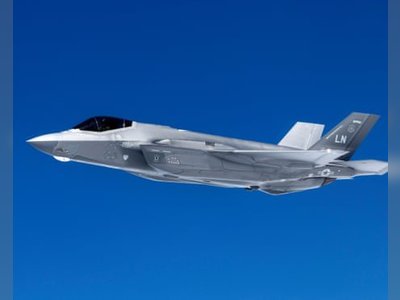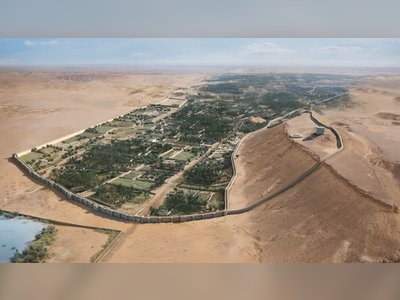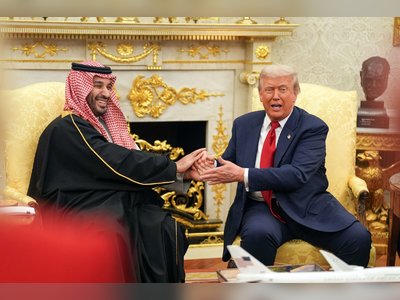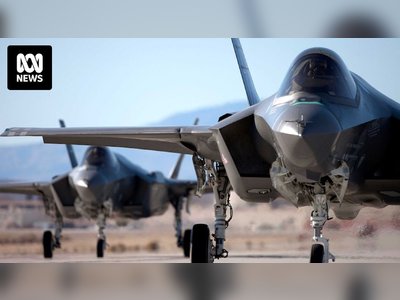Saudi Arabia Charts Tech and Nuclear Leap Under Crown Prince’s U.S. Visit
Mohammed bin Salman signs major deals in AI, civilian nuclear power and defence, recasting Saudi Arabia’s regional role
Saudi Arabia has moved decisively to shift its global posture, with Crown Prince Mohammed bin Salman returning from a landmark visit to Washington with a suite of major agreements encompassing artificial intelligence, civilian nuclear energy and defence procurements.
The three-day trip, culminating in a White House state dinner hosted by President Donald Trump, has underscored Riyadh’s ambition to transcend its traditional image and emerge as a central strategic actor in the Middle East and beyond.
Among the headline outcomes is a joint declaration on civil nuclear cooperation between the United States and Saudi Arabia.
The agreement establishes a multi-billion-dollar framework for American companies to partner in Saudi reactor projects while adhering to non-proliferation standards, with U.S. Energy Secretary Chris Wright confirming that uranium enrichment is expressly excluded.
This marks a significant milestone in Riyadh’s stated aim to diversify its energy sector and reduce dependence on oil.
On the technology front, the kingdom signed a memorandum of understanding with U.S. firms on artificial-intelligence infrastructure, granting access to advanced chips, super-computing platforms and data-centre capacity.
The deals complement Riyadh’s drive under its Vision 2030 programme to become a regional tech hub and shift economic priorities.
Additionally, Saudi-U.S. accords covered critical-minerals supply chains, underscoring the kingdom’s desire to anchor itself in next-generation industries.
Defence cooperation also reached new heights: Saudi Arabia secured future deliveries of F-35 stealth fighter jets, approved nearly three-hundred American tanks, and was elevated by President Trump to “major non-NATO ally” status—a formal recognition that brings expanded military collaboration, technology-transfer privileges and deeper strategic alignment with the United States.
Observers note that Crown Prince Mohammed’s return from Washington in such a strengthened position signals a recalibration of Riyadh’s international stature.
Analysts say the package of deals positions Saudi Arabia not merely as a beneficiary of Western support but as a co-architect of regional security architecture.
While economic and technology investments dominate the immediate agenda, the underlying shift is one of strategic identity: from energy-exporting monarchy to diversified power-hub.
The packages amount to a Saudi investment commitment of nearly one trillion dollars in U.S. sectors, up from prior pledges of six-hundred billion dollars, according to White House statements.
For Riyadh the visit delivers tangible progress on its key pillars of economic diversification, defence modernisation and regional leadership.
This realignment comes even as Middle East geopolitics remain deeply turbulent, and Saudi Arabia signals its readiness to play a more assertive role in shaping those dynamics.
That broader agenda includes influencing the Israeli-Palestinian axis: the crown prince emphasised Saudi participation in a future peace-framework and insisted on a clear path toward Palestinian statehood, emphasising Riyadh’s intent to lead regional reform rather than follow external mandates.
The visit thus may prove to be a turning point in redefining Saudi Arabia’s ambitions within the geopolitics of the Gulf and beyond.
The three-day trip, culminating in a White House state dinner hosted by President Donald Trump, has underscored Riyadh’s ambition to transcend its traditional image and emerge as a central strategic actor in the Middle East and beyond.
Among the headline outcomes is a joint declaration on civil nuclear cooperation between the United States and Saudi Arabia.
The agreement establishes a multi-billion-dollar framework for American companies to partner in Saudi reactor projects while adhering to non-proliferation standards, with U.S. Energy Secretary Chris Wright confirming that uranium enrichment is expressly excluded.
This marks a significant milestone in Riyadh’s stated aim to diversify its energy sector and reduce dependence on oil.
On the technology front, the kingdom signed a memorandum of understanding with U.S. firms on artificial-intelligence infrastructure, granting access to advanced chips, super-computing platforms and data-centre capacity.
The deals complement Riyadh’s drive under its Vision 2030 programme to become a regional tech hub and shift economic priorities.
Additionally, Saudi-U.S. accords covered critical-minerals supply chains, underscoring the kingdom’s desire to anchor itself in next-generation industries.
Defence cooperation also reached new heights: Saudi Arabia secured future deliveries of F-35 stealth fighter jets, approved nearly three-hundred American tanks, and was elevated by President Trump to “major non-NATO ally” status—a formal recognition that brings expanded military collaboration, technology-transfer privileges and deeper strategic alignment with the United States.
Observers note that Crown Prince Mohammed’s return from Washington in such a strengthened position signals a recalibration of Riyadh’s international stature.
Analysts say the package of deals positions Saudi Arabia not merely as a beneficiary of Western support but as a co-architect of regional security architecture.
While economic and technology investments dominate the immediate agenda, the underlying shift is one of strategic identity: from energy-exporting monarchy to diversified power-hub.
The packages amount to a Saudi investment commitment of nearly one trillion dollars in U.S. sectors, up from prior pledges of six-hundred billion dollars, according to White House statements.
For Riyadh the visit delivers tangible progress on its key pillars of economic diversification, defence modernisation and regional leadership.
This realignment comes even as Middle East geopolitics remain deeply turbulent, and Saudi Arabia signals its readiness to play a more assertive role in shaping those dynamics.
That broader agenda includes influencing the Israeli-Palestinian axis: the crown prince emphasised Saudi participation in a future peace-framework and insisted on a clear path toward Palestinian statehood, emphasising Riyadh’s intent to lead regional reform rather than follow external mandates.
The visit thus may prove to be a turning point in redefining Saudi Arabia’s ambitions within the geopolitics of the Gulf and beyond.
